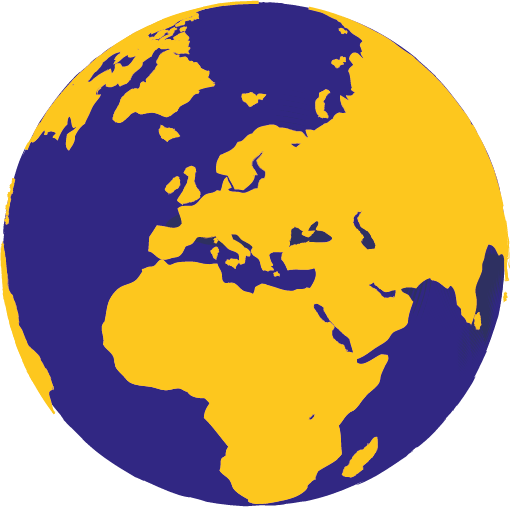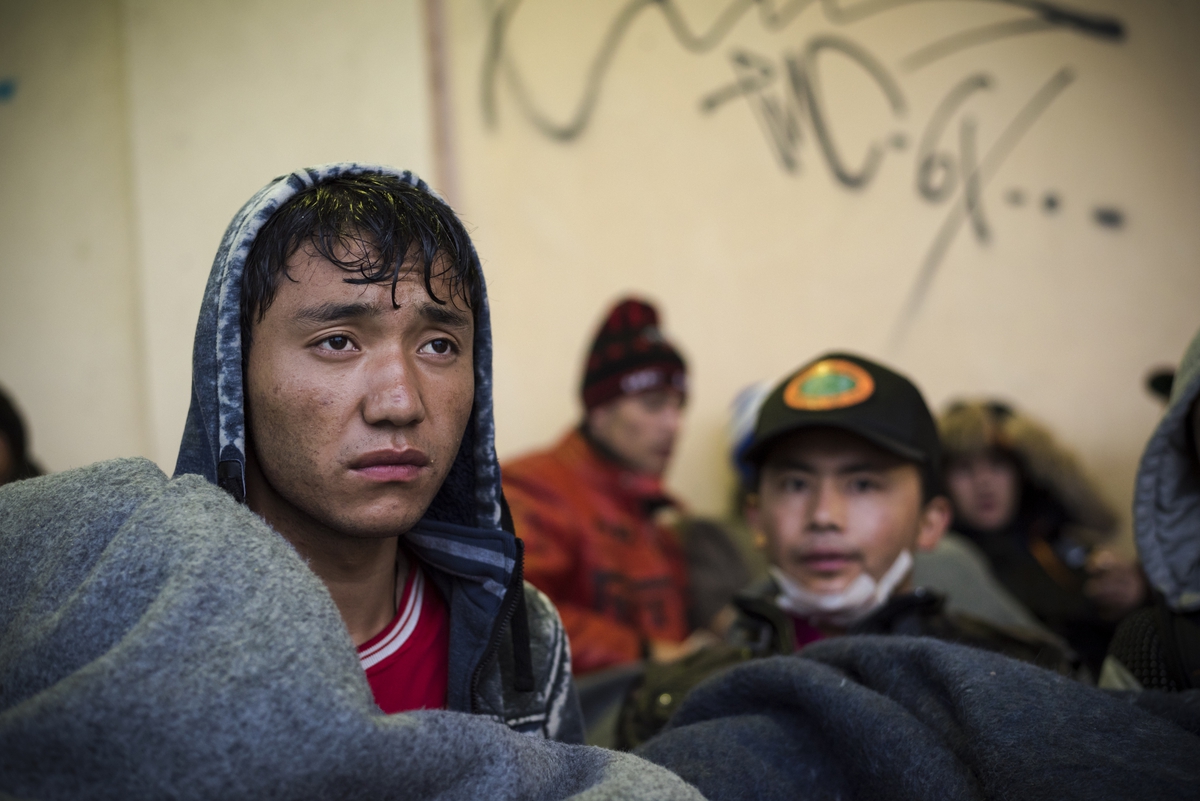This December marks the end of our Alternative Care Training (ACT) Project which we successfully delivered in Bulgaria alongside our partners at the Nidos Foundation (Netherlands), Comissió Catalana d’Ajuda al Refugiat (Spain) and the International Rescue Committee (Italy).
We’ve been working on the project since January 2020 with the aim of improving access to alternative care arrangements for unaccompanied children aged 15-18. We’ve provided training on developing family and community based alternative care arrangements to guardians and other practitioners in the countries of our project partners, as well as other member states.
We undertook a situational analysis which collected information about the accessibility and quality of alternative care arrangements for unaccompanied children. Despite the challenges posed by the COVID-19 pandemic, in 2021 we held two training sessions for practitioners, alongside meetings with experts from Bulgaria and other project countries where we demonstrated examples of best practice for alternative care from across the European Union. A key event was an online study visit organised by Nidos to small case reception facilities in the Netherlands.
This has been a joint effort with international, national and local stakeholders to improve the lives and wellbeing of children. We thank our partners for this fruitful collaboration, and we hope that soon no children arriving in Europe will be at risk of institutionalisation.
The ACT Project was funded by the Asylum, Migration and Integration Fund of the European Union (AMIF). Lumos was working in partnership with Nidos Foundation, the project lead, and International Rescue Committee and the Catalan Commission for Refugees who were implementing in Italy and Spain respectively.



